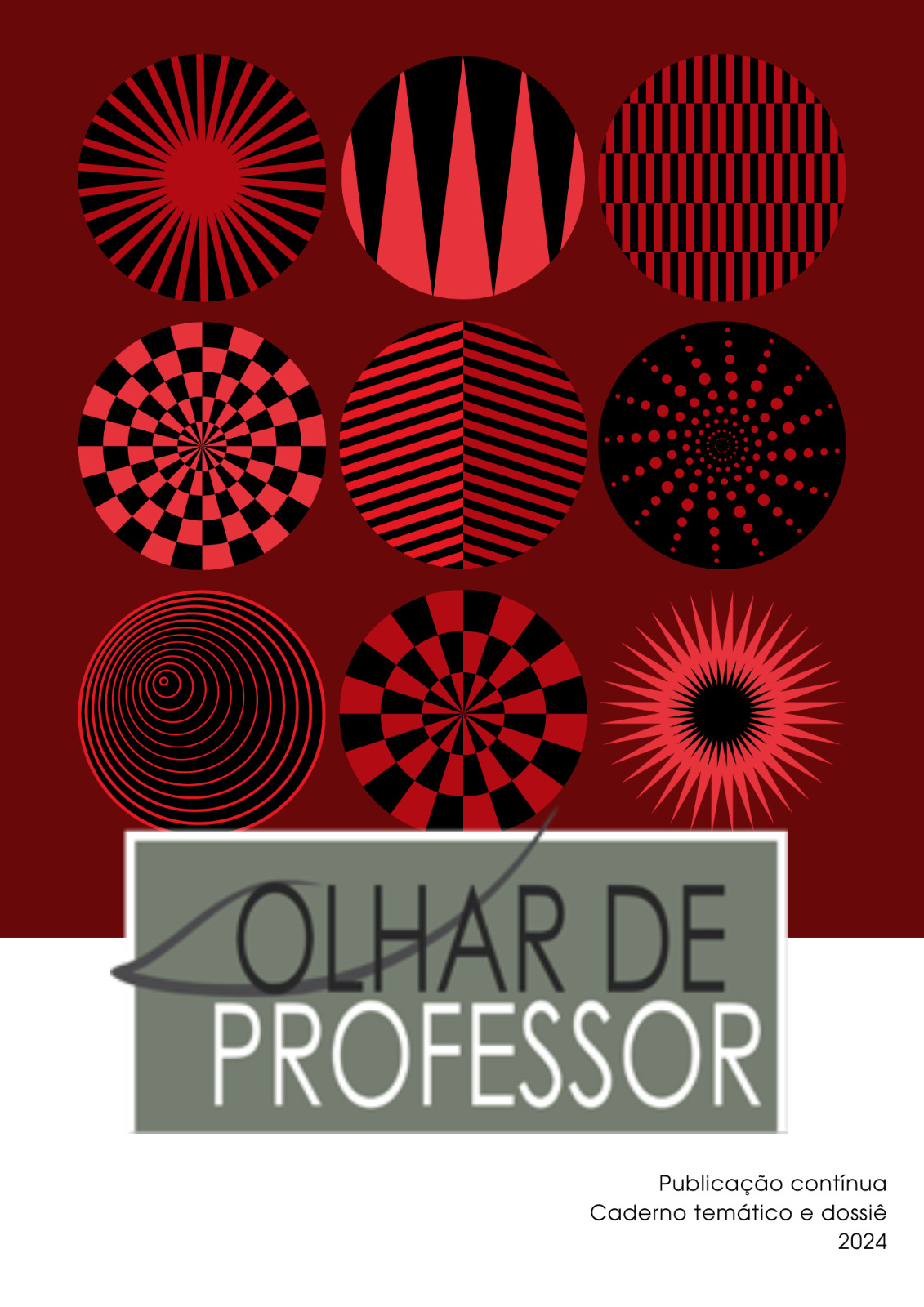The “NGOrization” of public education
Main Article Content
Abstract
The “NGOization” of public education is part of one of the tentacles of a “new capitalism” (Souza, 2012; Dardot and Laval, 2016). The capitalist system is privatizing public education by substitution (Catini, 2021), which means scrapping the public education system in exchange for private education projects, especially with NGOs. These, out of devotion or necessity, whether they know it or not, contribute to increasing social inequalities, despite having a benevolent, engaging discourse about transforming education for the poorest. Through theoretical study in a research group based at a public university and led by public school teachers, and through the professional experience in NGOs of one of the authors of this article, we problematized the pedagogical processes of two NGOs in different contexts, namely: 1) the NGO Colheita working in the Jardim Gramacho/Duque de Caxias garbage dump (context “outside the school”) and 2) the NGO Plantando o novo working in a municipal school in Leblon/RJ (context “inside the school”).
Downloads
Article Details

This work is licensed under a Creative Commons Attribution 4.0 International License.
Authors who publish in this journal agree with the following terms:
a) Authors keep the copyrights and concede the right of its first publication to the magazine. The work piece must be simultaneously licensed on the Creative Commons Attribution License which allows the paper sharing, and preserves both the author identity and the right of first publication to this magazine.
b) Authors are authorized to assume additional contracts separately, to not-exclusively distribution of the paper version published in this magazine (e.g.: publish in institutional repository or as a book chapter), with the author identity recognition and its first publication in this magazine.
c) Authors are permitted and stimulated to publish and distribute their papers online (e.g.: in institutional repository or on their personal webpage), considering it can generate productive alterations, as well as increase the impact and the quotations of the published paper.
d) This journal provides public access to all its content, as this allows a greater visibility and reach of published articles and reviews. For more information on this approach, visit the Public Knowledge Project, a project that developed this system to improve the academic and public quality of the research, distributing OJS as well as other software to support the publication system of public access to academic sources.
e) The names and e-mail addresses on this site will be used exclusively for the purposes of the journal and are not available for other purposes.

This work is licensed under a Creative Commons Attribution 4.0 International License.
References
BOLTANSKI, L.; CHIAPELLO, È. O novo espírito do capitalismo. São Paulo: Martins Fontes, 2009.
BOURDIEU, P. Meditações Pascalianas. 2. ed. Rio de Janeiro: Bertrand Brasil, 2017.
BOURDIEU, P. A dominação masculina. Rio de Janeiro: Bertrand Brasil, 2012.
BOURDIEU, P. A economia das trocas linguísticas. São Paulo: Edusp, v. 116, 1996.
CATINI, C. Educação e empreendedorismo da barbárie. In: CASSIO, Fernando (org.). Educação Contra a barbárie. São Paulo: Boitempo, 2019.
CATINI, C. A educação bancária, "com um Itaú de vantagens". Germinal: Marxismo e educação em debate, v. 13, n. 1, p. 90-118, 2021. Disponível em: https://periodicos.ufba.br/index.php/revistagerminal/article/view/43748. Acesso em: 25 fev. 2024.
DARDOT, P.; LAVAL, C. A Nova razão do Mundo: Ensaio sobre a Sociedade Neoliberal. São Paulo: Boitempo, 2016.
GORZ, A. Abschied vom Proletariat. Jenseits des Sozialismus. Frankfurt am Main: Eu-ropäische Verlagsanstalt, 1980.
FREITAS, L. C. A Reforma Empresarial da Educação: nova direita, velhas ideias. São Paulo Expressão Popular, 2018.
PETERS, G. De volta à Argélia. A encruzilhada etnossociológica de Bourdieu. Tempo social, v. 29, p. 275-303, 2017. Disponível em: https://www.scielo.br/j/ts/a/GjFQbPV985Z7mRFPnCtn3Jz/?format=pdf&lang=pt. Acesso em: 25 fev. 2024.
SOUZA, J. Os batalhadores brasileiros: nova classe média ou nova classe trabalhadora? Belo Horizonte: Editora UFMG, 2012.
SOUZA, J. A ralé brasileira: quem é e como vive. São Paulo: Editora Contracorrente, 2018.





